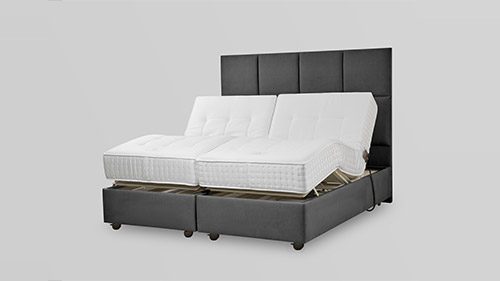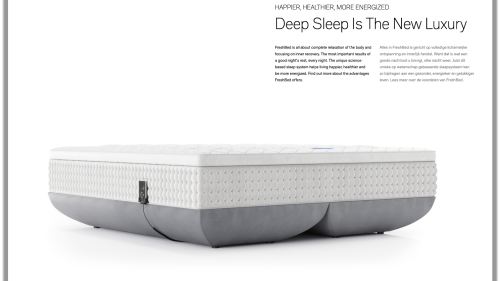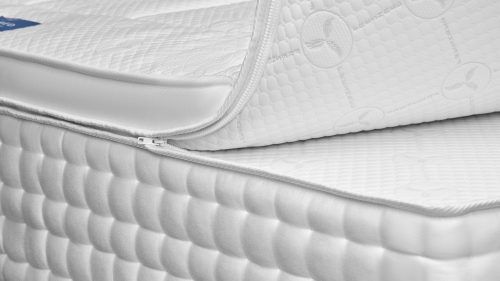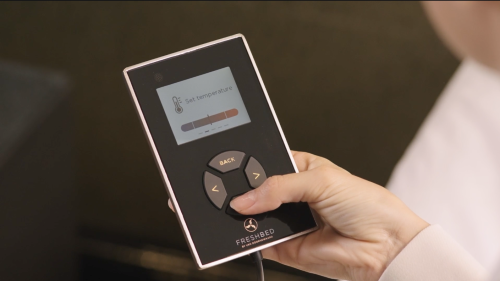Asthma is a common condition, affecting all levels of society. Olympic athletes, famous leaders, celebrities, and ordinary people suffer from asthma on a daily basis.
According to estimates by the World Health Organization, 300 million people suffer from asthma all over the globe, and it’s the most common chronic disease among children. During an asthma attack, the lining of the bronchial tubes swell, causing airways to become narrow and reducing the flow of air in and out of the lungs.
Symptoms vary from person to person, but generally include coughing, wheezing, shortness of breath, chest pain or pressure. Attacks may occur several times a day or week and may become worse during physical activity and often times during the night, also known as ‘nocturnal asthma’.
What causes asthma or why incidences of asthma are on the rise is not fully known, but research has suggested that it could be the result of environmental factors such as an increase in exposure to pollution, indoor allergens or dust mites.
And perhaps that is not so surprising. Nearly every day in the news we read about how outdoor pollution is on the rise and the indoor air quality of your home can actually be up to five times more polluted than city streets.
So on World Asthma Day, we are reminded of the importance of air quality for these millions of asthma sufferers. To think that something that is so vital to life – the very air we breathe – can have such adverse effects is disheartening.
How is anyone expected to change the world when they can’t fully trust the air in it?
So what can be done?
Because there is no known cure for asthma, part of the treatment is to control the disease by avoiding triggers that could bring on an attack.
We spend a third of our life in bed. While we cannot expect to individually tackle the global air pollution problem head-on, the least we can do is make sure that our bed and sleeping room is a safe haven against triggers that could bring on a nocturnal asthma attack.
Control Your Sleep Environment
Research shows that dust mites and cold dry air are the two most common culprits, so keeping the air and environment in your bedroom fresh and clean is key.
Some recommendations include:
- Clean weekly and avoid clutter in the bedroom, which can attract dust and dust mites.
- Use hypoallergenic pillows and wash all bedsheets once a week in 130o F hot water.
- Use a vacuum with a HEPA air filter.
- Reduce indoor humidity to less than 50 per cent, using a dehumidifier if needed. This helps not only with the dry air but also deters dust mites, which reproduce in environments above 55% humidity.
- Sleep in a FreshBed.
How can a FreshBed help?
FreshBed’s ventilation system was specially developed to give you the perfect night’s rest by reducing humidity and purifying air. Luckily these are both characteristics that minimize triggers such as dust mites and dry air that often cause nocturnal asthma attacks.
A HEPA air filter quietly removes dust, pollen and bacteria from the air, improving the overall air quality in the room. The air is then cleaned and delivered back into the bed at a constant temperature which also regulates the humidity level, keeping it below 50% to guarantee you a fresh, clean and allergy-friendly bed free of mould, bacteria, dust mites and dry air.
Now go change the world
Nothing is more important than the air you breathe, so keep it as clean and fresh as possible, including those hours that you spend asleep. FreshBed helps by creating a comfortable, clean microclimate and a fresh air environment to guarantee a perfect night’s rest as well as an allergen-free environment for asthma sufferers the world over.
Now that FreshBed can deliver a safe, clean and allergen-free for those with asthma, as well as a perfect sleep, imagine what they can accomplish throughout the rest of the day.
First up: that global air pollution problem…
**
For more information on how you can enjoy a perfect night’s rest, please contact our team and we’d be happy to tell you about all of the benefits of a FreshBed.






















